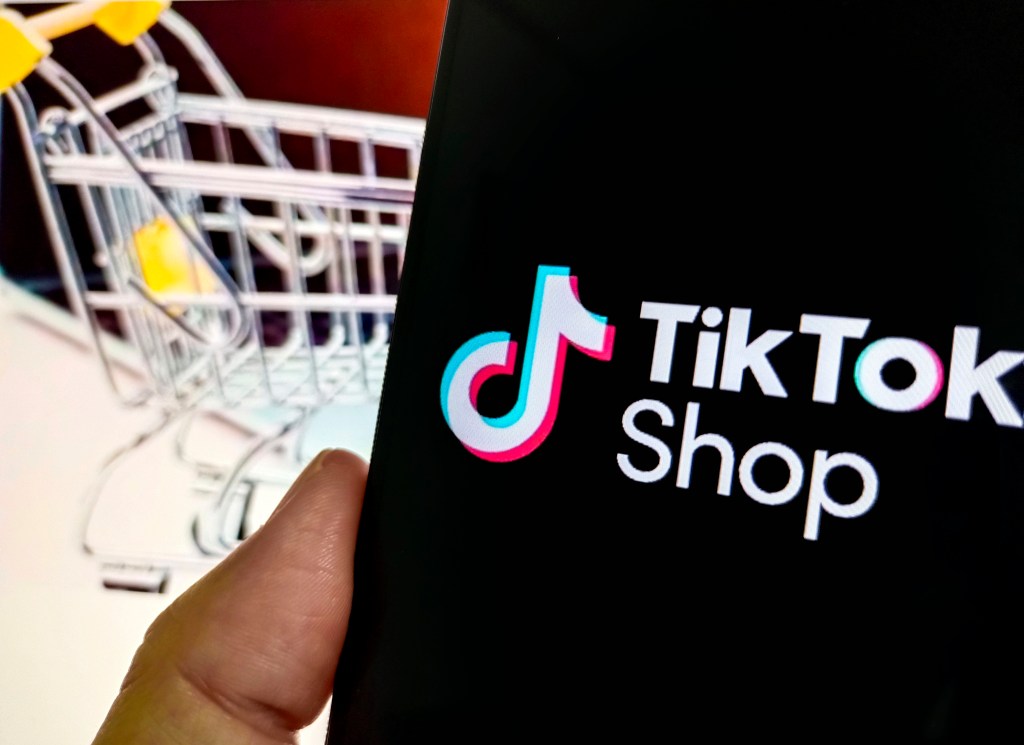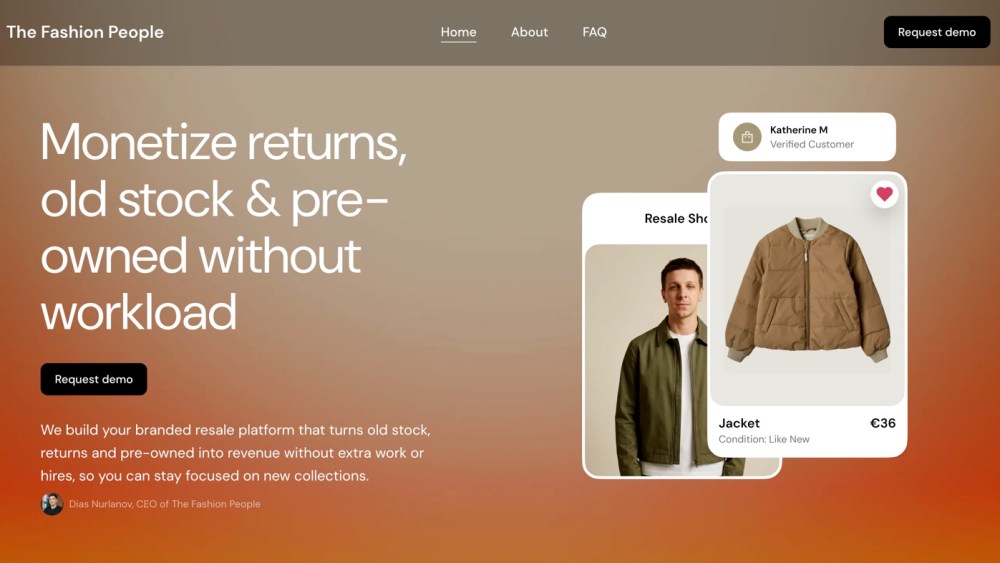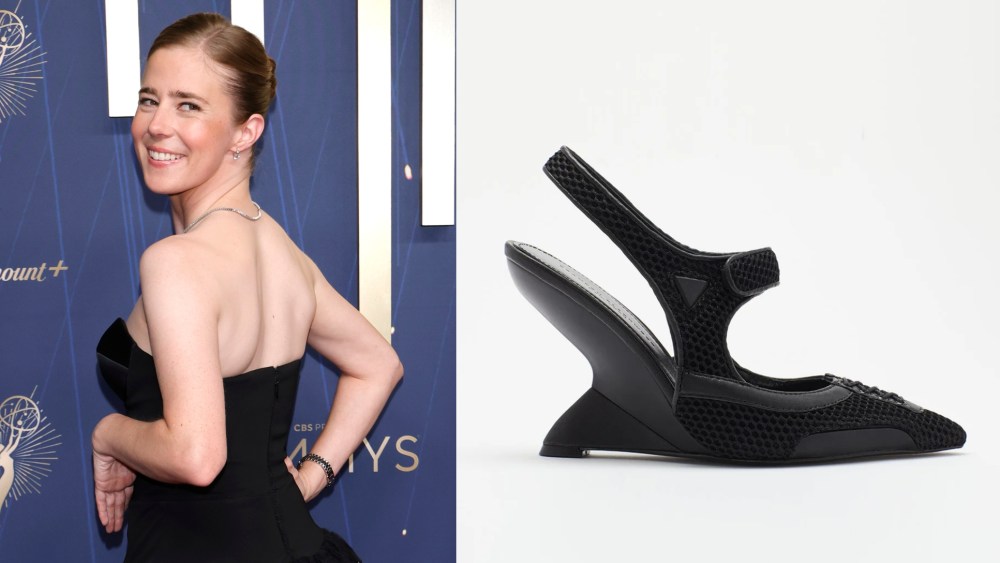The honeymoon appears to be over for TikTok merchants, as the platform revealed Wednesday that it plans to increase fees for TikTok Shop.
The business, owned by Bytedance Ltd., appealed to sellers by taking a small cut of sales conducted in the mobile app, at 2 percent, in addition to offering other incentives. The charm offensive helped establish the company’s shopping initiative as a top competitor facing off with Snapchat, Pinterest, Instagram, Facebook and others in an increasingly crowded social commerce arena.
Now TikTok has informed sellers about an upcoming “adjustment” to its commission. According to the email, as first reported by The Information, the referral fee will shoot up from 2 percent to 8 percent and go into effect in six months.
“We want to inform you of an important update regarding the referral fee structure on TikTok Shop,” the message read. “As part of our ongoing commitment to providing you with the best possible platform and services, we are implementing an adjustment to our referral fee rates, effective July 1, 2024, from 2 percent plus $0.30 per transaction to 8 percent per order.”
That may not be all, because TikTok Shop is reportedly chipping away at other merchant incentives as well.
Naturally, there’s broader context that can shed light on these moves: Although TikTok became the first mobile app outside of gaming to break $10 billion in consumer spending in both Apple and Google’s app stores, that didn’t translate to TikTok Shop’s bottom line. In the U.S., the shopping service was expected to chart over $500 million in losses over the course of 2023, seemingly due to major investments in staffing and logistics, as well as deep discounts offered to sellers.
The company is unlikely to change course for the first two areas — its efforts have even smacked of Amazon-level ambitions — leaving the third factor, which now proves to be rather fluid. The other consideration, of course, is that TikTok Shop has been drawing fire over counterfeit or shoddy goods sourced from China, where owner Bytedance is headquartered.
Whether higher fees will discourage sketchy sellers from peddling cheap products remains to be seen. But if it does, then TikTok may manage to hit two targets with one arrow. Legitimate merchants and brands, however, are caught in the crossfire.



